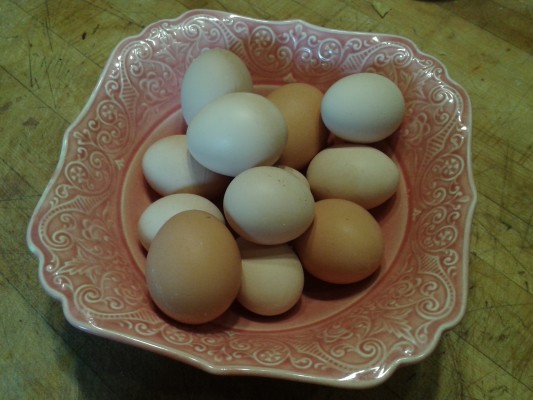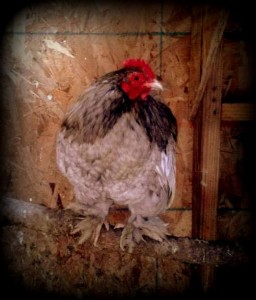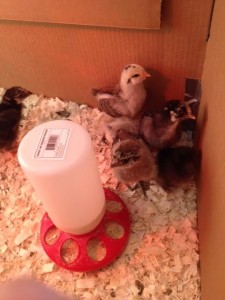Pastured Hens Rule the Roost
It’s pretty safe to say we’ve all wondered at some time what the big whoop is when considering all the available egg choices. Eggs by whatever hen are a whole food and can provide many essential nutrients, but how the hen is raised and what she eats has a great deal to do with the quality of the egg itself.

So what is the difference between eggs from hens that are raised organically, pastured, free-range, or conventional?
Let’s break it down.
Free-Range eggs are really not much different from conventional eggs, and certified organic eggs differ from these because they have different feed standards, but the majority are still raised in crowded factory flocks. Pastured eggs come from the smallest flocks, spend the most time outside, and have arguably the highest standards for care, though those standards are enforced more by the goals of farmers to be humane, to be sustainable, and to produce the highest quality eggs.
Conventional
– Feed: Diet relies on additives and often GM grain to meet the hen’s nutritional needs
– Housing: Industrial egg production mostly means huge flocks, hens are confined to tiny cages
– Antibiotics: May be administered without illness or infection present as a preventative measure
Free Range, in addition/instead may be labeled Cage-Free
Essentially, the standards are the same for feed, antibiotics, and animal welfare for this type of egg as for conventional. The difference is housing: the hen must be allowed outside part of the time, another descriptive and possibly more accurate term is “barn-roaming.”

photo credit: Kimberley Taylor
Organic
– Feed: Certified Organic Feed, meaning no GMOs, synthetic pesticides, or animal by-products
– Housing: May not be caged, must have access to outdoors **Important note** Hens may still be raised in extremely large flocks, and outside access for most industrial-scale flocks means small wood or concrete porches
– Antibiotics: Low-level antibiotics allowed during outbreak of infection or disease
– Animal Welfare: Mistreatment of hens could cause farmers to lose their organic certifications
Pastured
– Feed: Most pastured hens have high quality grain feed, but mostly feed on seeds, insects, and plants that they forage, as well as sometimes vegetables you would compost
– Housing: Mostly pastured, hens may spend winter months in barns, are often moved around pastures in chicken tractors, or large move-able fenced in areas
– Antibiotics: Up to the farmer’s discretion
– Animal Welfare: Hens raised on pasture have room to exercise, forage, and enjoy a cleaner, healthier environment
Numerous studies have been conducted to pinpoint the nutritional differences between different types of eggs, and while the results vary greatly from egg to egg, what they seem to agree on is that hens that spend the most time outside foraging have the highest levels of vitamins, minerals, and healthy fats in the eggs they produce, and are very often lower in cholesterol and saturated fat.
Click here if you’re interested to see the results of a study conducted by Mother Earth magazine on 14 different pastured eggs:

What it comes down to is not just the hens, not just the eggs, and not just ourselves. When you choose local and sustainable foods, you’re contributing to systems of food production that enrich our environment, our local economies, and our bodies.
You begin to move us away from large scale food production which uses the most resources and is more destructive to the health of the planet than is even measurable.
That, in addition to hen happiness and nutrition, is what makes pastured eggs well worth choosing over industrially produced eggs, even if they are certified organic.



